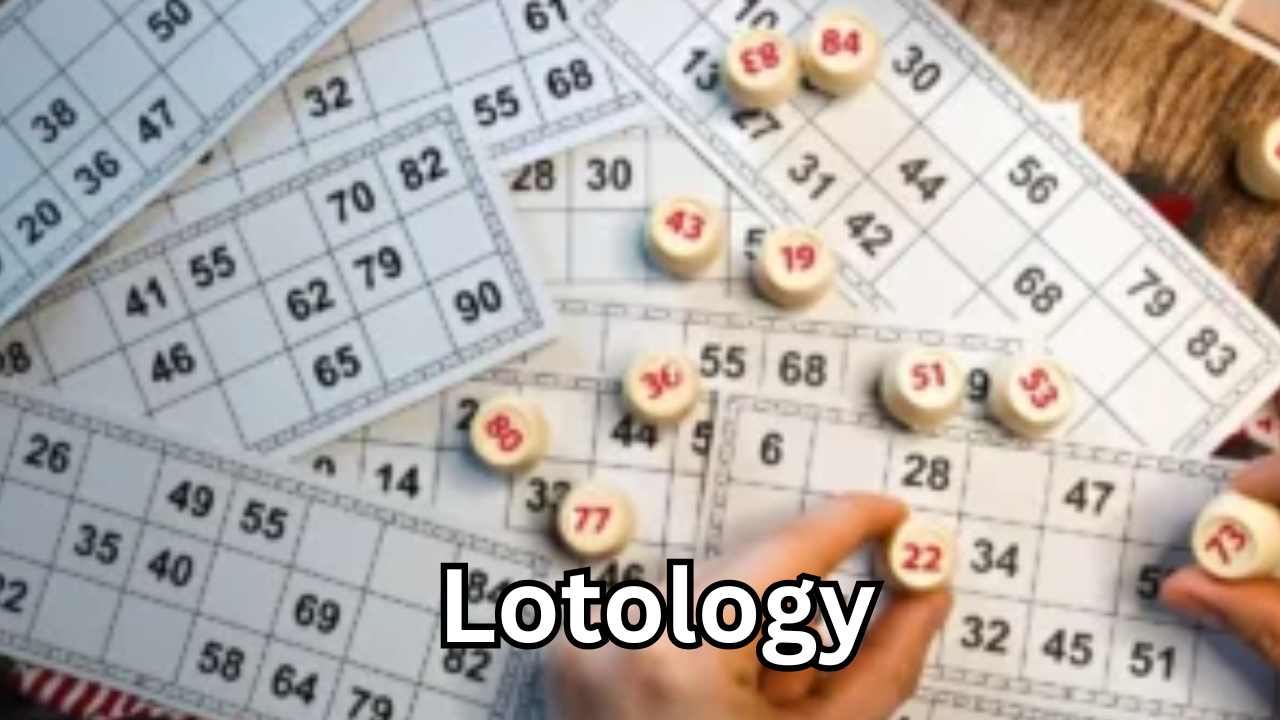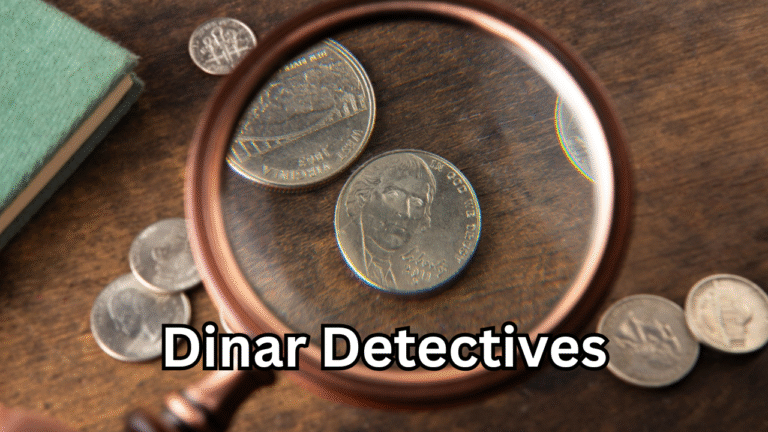
What Is Lotology?
Lotology is the study and analysis of lotteries — their patterns, statistics, ticket designs, and the science behind winning combinations. It’s a term often used to describe both the academic and hobbyist approach to understanding how lotteries work. In simple words, lotology is all about exploring the “logic” of the lottery. Enthusiasts known as lotologists spend time researching draw histories, analyzing probabilities, and discovering trends that could potentially improve their odds of winning.
While luck is always a major factor in lotteries, lotology takes a deeper look at the mathematical and psychological sides of this game of chance.
The Origin of Lotology
The concept of lotology dates back to the 20th century, when lottery tickets became popular collectibles. People began studying old ticket designs, serial numbers, and printing variations. Over time, the term “lotology” evolved to describe not just the collection of tickets but also the science behind lottery systems and probability.
Today, lotology combines mathematics, psychology, and data analytics. It helps players understand the statistical side of the lottery rather than simply relying on luck.

Why Lotology Has Become Popular
Lottery has gained massive popularity in recent years because people are more curious about improving their odds of winning. The rise of digital lotteries and online analysis tools has also made it easier to study results. Many players now turn to lotology for guidance before selecting their numbers.
Here are a few reasons why lotology has become a trending topic:
- Curiosity about patterns: People want to know if there are hidden trends or recurring number combinations.
- Data-driven decision-making: Lotology uses data analytics, which appeals to those who trust numbers more than luck.
- Financial interest: Lotteries can change lives, and any edge that might increase chances attracts millions.
- Hobby and community: Many collectors enjoy lotology as a fun hobby, collecting rare or historical tickets.
How Lotology Works
Lotology doesn’t claim to guarantee wins — instead, it helps players make more informed choices. The process involves understanding statistical probabilities and analyzing draw patterns.
1. Studying Past Results
Lotologists often begin by studying past draws to identify recurring numbers or sequences. They may use spreadsheets or online tools to calculate how often certain numbers appear.
2. Probability Analysis
Each number in a lottery draw theoretically has an equal chance of being selected. However, lotology explores whether random patterns show subtle statistical preferences over time.
3. Understanding Randomness
One key principle in lotology is that randomness doesn’t always appear random to the human eye. By analyzing number clusters, spacing, and frequency, lotologists try to detect potential biases in certain systems.
4. Avoiding Common Mistakes
Many players choose birthdays or repeated patterns, which limits the variety. Lotologists recommend picking numbers across the full range to increase the probability of unique combinations.
Lotology in the Digital Age
With the help of advanced technology, lotology has evolved beyond simple observation. Software tools now use algorithms and machine learning to analyze thousands of past results. These digital platforms can simulate random draws, identify trends, and even predict probabilities for upcoming games.
Moreover, social media and online forums have created global communities of lotology enthusiasts who share insights, winning stories, and data-driven predictions.

The Psychology Behind Lotology
Apart from math, lotology also involves understanding the human mindset around luck and risk. Many people play the lottery as an escape from routine or as a dream of financial freedom. Lotologists examine how emotions influence number selection — for example, choosing dates, lucky numbers, or sequences that “feel right.”
Psychological lotology looks at how cognitive biases impact lottery play. It teaches players to separate emotion from data and focus on logical strategies instead of superstition.
Collecting Lottery Tickets: The Art Side of Lotology
Loto logy isn’t just about numbers — it’s also about the art and history of lottery tickets themselves. Some lotologists are collectors who value vintage tickets for their designs, typography, and cultural significance. Old tickets from early state lotteries, charity raffles, or even scratch-off games can become rare collectibles over time.
Collectors appreciate loto logy as a mix of nostalgia, art, and statistical curiosity. These collections often tell the story of how societies have used lotteries for fundraising and entertainment for centuries.
Can Lotology Really Increase Your Chances of Winning?
This is one of the most common questions asked by lottery players. The honest answer is that loto logy doesn’t guarantee success — but it can make your approach more strategic. By avoiding common mistakes, understanding probability, and using data analysis, players can slightly improve their odds.
For example, lotologists might recommend:
- Avoid repeated number sets that appear too often.
- Diversifying your number range instead of sticking to one pattern.
- Using data tools to analyze which numbers are “overdue” statistically.
- Playing consistently with a budgeted plan rather than impulsively.
The key is that loto logy turns random guessing into informed decision-making — a small but meaningful edge in a game of chance.

Lotology as a Career or Hobby
While loto logy may sound like a niche field, it has become a full-fledged hobby and even a side profession for some. People create blogs, YouTube channels, and data-analysis platforms focused on lottery prediction and strategy. Collectors trade rare tickets online, while researchers publish papers on lottery trends and randomness.
If you’re fascinated by numbers, probability, or collectibles, loto logy could be an enjoyable and intellectually rewarding hobby to explore.
Ethical and Responsible Lottery Play
Loto logy also promotes responsible gaming. It reminds players that the lottery should be viewed as entertainment, not a guaranteed income source. Even with scientific analysis, outcomes remain unpredictable. Practicing self-control, setting limits, and understanding odds are key principles promoted by ethical lotologists.
Loto logy emphasizes awareness — that while studying patterns is exciting, maintaining financial balance and emotional well-being matters most.
The Future of Lotology
The future of loto logy looks promising as artificial intelligence and big data continue to evolve. Advanced algorithms will make it easier to identify patterns and simulate outcomes across thousands of draws. Blockchain-based lotteries will further increase transparency and fairness, giving lotologists more data to study.
As technology grows, loto logy will likely expand into academic research and fintech applications, making it an exciting intersection between mathematics, gaming, and analytics.
Final Thoughts on Lotology
Loto logy is more than just a fascination with lotteries — it’s a blend of science, statistics, psychology, and art. It teaches us that while luck plays a major role in winning, knowledge and logic can make the game more strategic and meaningful.
Whether you’re a serious player hoping to optimize your chances or a collector intrigued by the beauty of lottery tickets, loto logy offers a world of curiosity and excitement. It bridges the gap between chance and logic, making the lottery not just a gamble but an intelligent pursuit of patterns and possibilities.
Also Read: Penzu: The Ultimate Digital Journal for Private and Secure Writing




1 thought on “Lotology: Exploring the Fascinating World of Lottery Science and Winning Strategies”
Comments are closed.